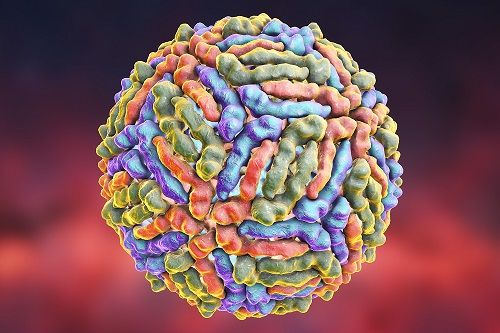
Zoonotic & Vector-Borne Diseases
Latest News
Latest Videos

CME Content
More News

Prof. Francisco Veas, PhD, chief security officer, Institut de Recherche pour le Développement, France, explains some of the issues faced by patients with Lyme disease living in Europe.

In case you missed them, we've compiled the top 5 articles from this past week.

Viviane Boaventura, MD, MsC, PhD, discusses ongoing research related to auditory complications due to congenital Zika syndrome.
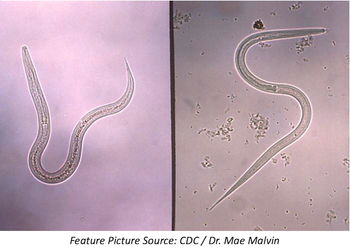
Despite thoughts that hookworm had been eradicated from the United States, a new study finds the parasite in Lowndes County, Alabama, begging the question—was it ever really gone?
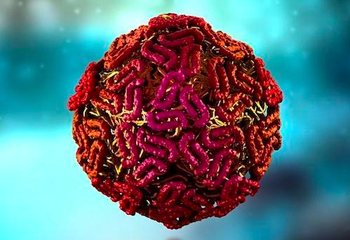
New cases of West Nile virus springing up around the country are a reminder that the virus can continue to cause new infections well into fall, as mosquitoes continue to stay active where it’s still warm.

Contagion® has unveiled its first Peer Exchange, a lively conversation between medical experts that provides opinions and perspectives on the controversy surrounding Lyme disease.

In this update, we cover the latest news this past week associated with the Zika virus.

Joergen Richt, DVM, PhD, discusses which animal models are being used to study Zika virus.

In a new study reviewing existing literature, researchers have found that more than 2 dozen viruses have been detected in human semen.

Viviane Boaventura, MD, MsC, PhD, shares how past research has demonstrated that adults can experience Zika-associated hearing loss.

Silvio Pitlik, MD, visiting scientist, Weizmann Institute of Science, Israel, explains how the first Lyme disease patients were misdiagnosed.
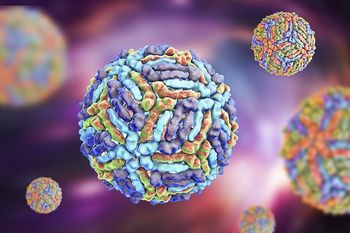
Although West Nile virus activity is set to taper off in the coming weeks, state health agencies are continue to report new cases, reminding the public that mosquito activity and new infections may continue well into fall.

Puppies sold by national pet store chain have been identified as the potential source of an ongoing multistate Campylobacter outbreak.
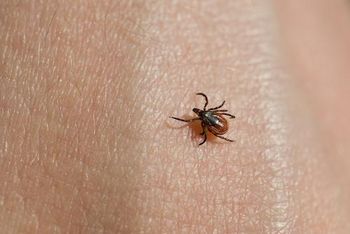
NIH scientists have developed a novel organ culture model to study ticks that transmit flaviviruses.

Joergen Richt, DVM, PhD, discusses the transmission cycle of Zika virus.

New research has shown that the devastating effects of the Zika virus on the newborn brain may be the key to destroying glioblastoma in adults.

In a new study on factors that make individuals susceptible to infectious diseases, researchers have found that cholesterol-lowering drugs may reduce susceptibility to certain diseases.
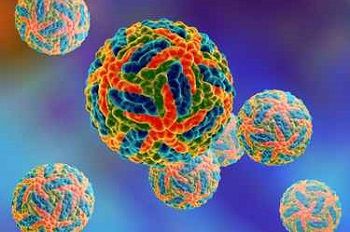
Researchers suggest the need to consider previous infection with dengue in the development of any new prophylactic modality.
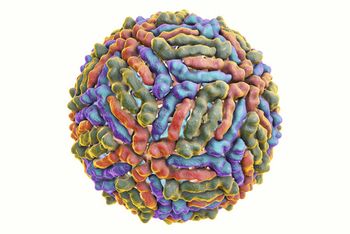
As the United States enters the final weeks of West Nile virus season, state health officials from around the country report several new deaths caused by the virus.
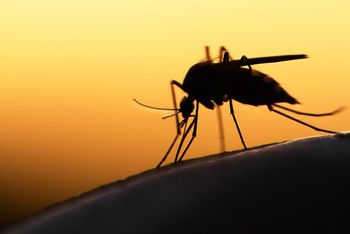
A relatively rare mosquito-borne virus has hit a couple of US states this summer, and it has health officials urging state residents to protect themselves against mosquito bites.

Keck School of Medicine at USC study has found that Zika virus suppresses pregnant women’s immune systems, which enables the virus to spread, causing harm to unborn baby.

A new study suggests that sexual transmission of Zika virus may create a higher risk for fetal disease than transmission via mosquito.

The new test examines proteins and peptides in saliva using proteomics, the study of proteomes and their functions.

Stay up-to-date on the latest infectious disease news by checking out this snapshot of our top 5 articles of the week.
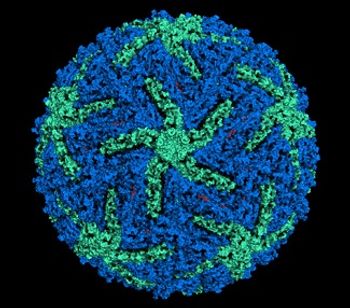
A new study is disputing previous findings that the Zika virus persists in semen for up to 188 days.




